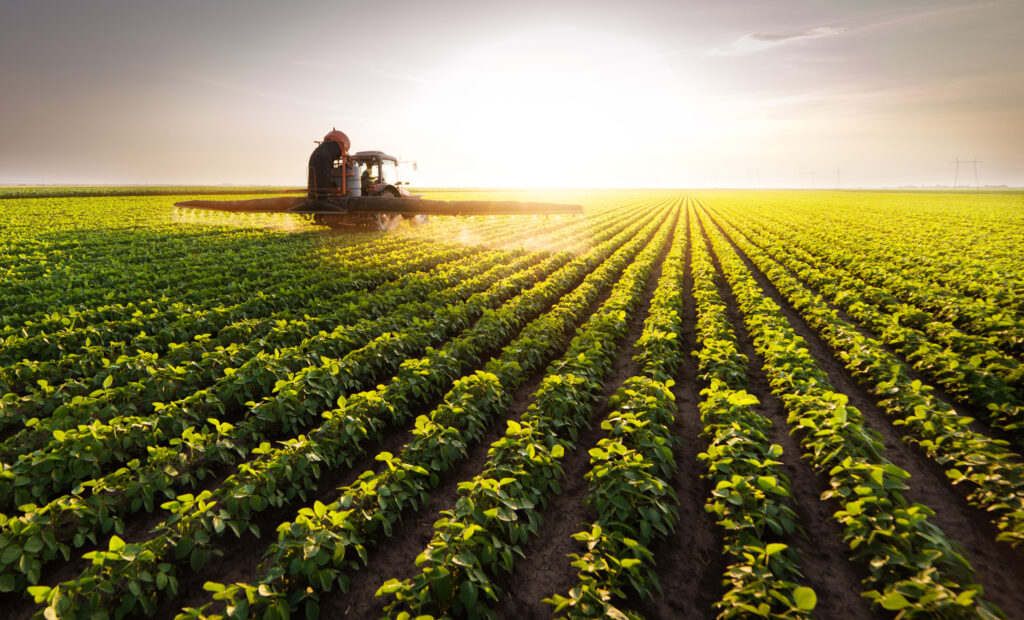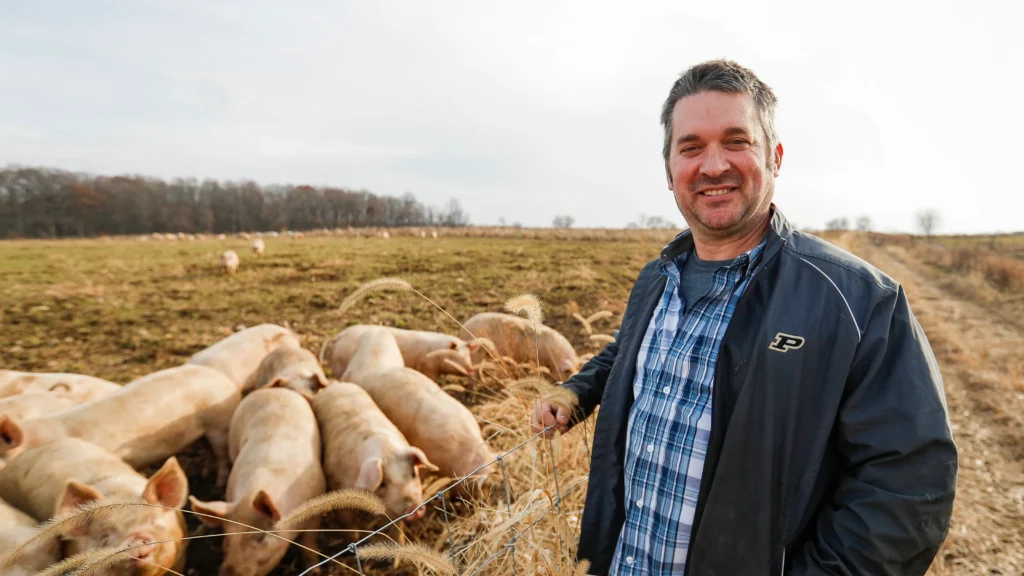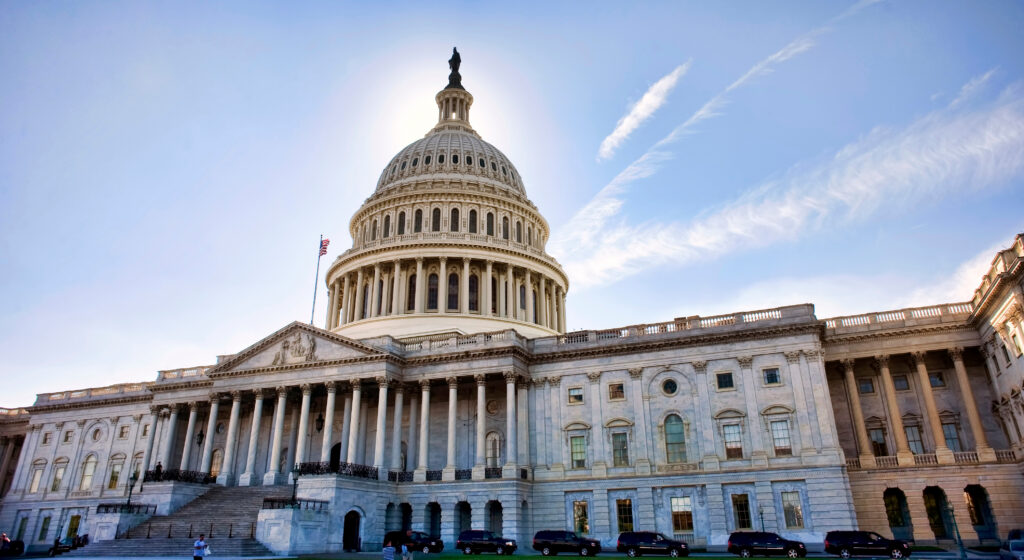The Make America Healthy Again (MAHA) Commission’s May assessment was clear: corporate capture is distorting agricultural policy, hurting farmers and families, and fueling our health crisis. So why does the MAHA Commission’s new strategy avoid tackling these problems head-on?
One big reason: checkoffs.
What Are Checkoffs?
Federal commodity checkoff programs are government-run initiatives overseen by the U.S. Department of Agriculture (USDA) that require farmers to pay a mandatory fee, essentially a tax, on every animal they sell or every bushel they produce. Together, the 22 different checkoff programs collect over $1 billion every year.
In theory, those dollars are supposed to fund generic ads, such as “Beef: It’s What’s for Dinner,” that promote an entire commodity on behalf of all producers.
In reality, checkoffs have been hijacked by powerful trade associations and processors. Instead of serving farmers, this USDA-run tax is used to bankroll groups that lobby against reform, defend monopolistic markets, and entrench chemical-intensive, industrial production.
Case Study: NCBA and the Beef Checkoff
The National Cattlemen’s Beef Association (NCBA) is one of the clearest examples of checkoff abuse. Every year, the majority of NCBA’s budget comes from ranchers’ mandatory USDA checkoff payments. In 2020, for example, more than 70% of its income—$26 million—came directly from these funds.
Yet NCBA represents only about 4% of America’s cattle producers. Its membership includes the meatpacking giants, which means NCBA’s lobbying agenda reflects their priorities, not the interests of independent ranchers. That’s why NCBA has consistently opposed commonsense reforms like Mandatory Country of Origin Labeling (MCOOL), which would give consumers transparency and allow U.S. ranchers to compete fairly.
Checkoff dollars give NCBA the money and the government-backed credibility to act as though it speaks for all cattle producers. In practice, those dollars bankroll lobbying that blocks reforms to restore fair cattle markets, all while packers report record profits and family ranchers struggle to survive.
Case Study: Bayer’s Modern Ag Alliance
Checkoffs aren’t just distorting livestock markets; they’re helping chemical giants, too. Take Bayer’s Modern Ag Alliance, a coalition of over 100 member groups—nearly one-third of those members are funded by USDA checkoff programs.
That means farmers’ mandatory tax dollars are being indirectly funneled into a coalition advancing Bayer’s corporate agenda: overproduction, chemical intensification, and monocropping. In other words, Big Ag is using the government’s own programs and farmers’ own money to protect its power.
Why This Matters for MAHA
A key constituency for President Trump is farmers, so it makes sense that he wants to help them. Unfortunately, checkoff-funded lobbying groups, flush with farmer-paid dollars and even carrying the USDA checkoff logo to boost their credibility, have convinced policymakers that they represent farmers.
In reality, they represent the interests of meatpackers, grain traders, and seed and pesticide manufacturers. These are the very forces the MAHA Commission identified as driving our health crisis. Yet because checkoff-backed groups have a seat at the table, the leaked MAHA draft strategy pulled back from the bold reforms that farmers and families need.
The Path Forward: Checkoff Reform
Farm Action has long called for real reform of commodity checkoffs so that farmer dollars can no longer be weaponized against them. USDA has the authority to act directly, or Congress can force change by passing reforms like the bipartisan Opportunities for Fairness in Farming Act.
These reforms would:
- Prohibit checkoffs from contracting with lobbying groups
- Require transparency through public budgets and audits
- Ban conflicts of interest and anti-competitive conduct
- Ensure funds are used only to benefit the farmers who pay them
If the programs cannot be repaired, the USDA Secretary has the authority to terminate them, and farmers themselves could vote to end them through a referendum.
Until these changes are made, Big Ag will continue using a billion-dollar, government-run tax to silence farmers’ voices and block change—sidelining the bold action needed to make our food system healthy.




